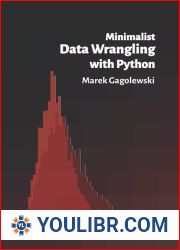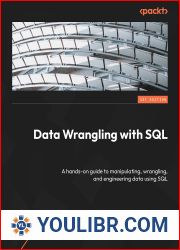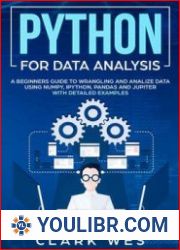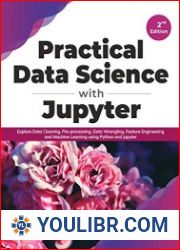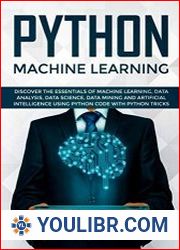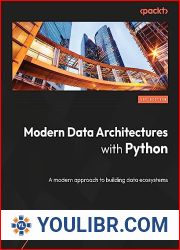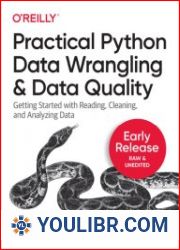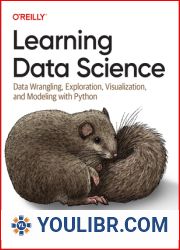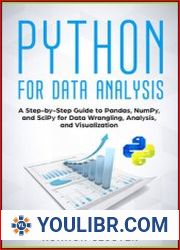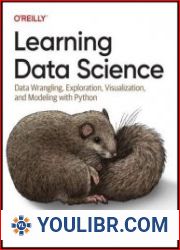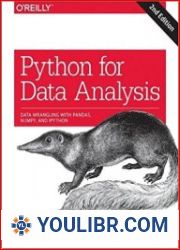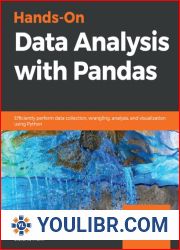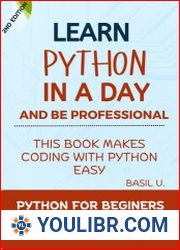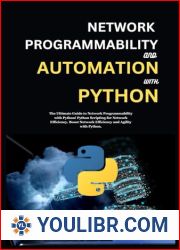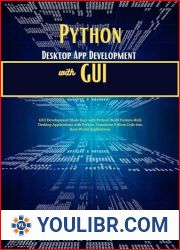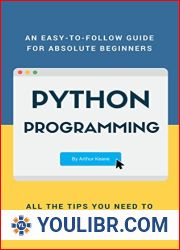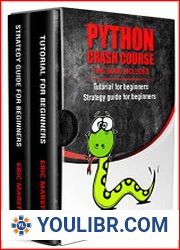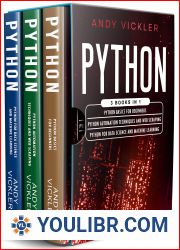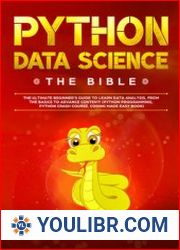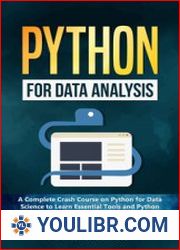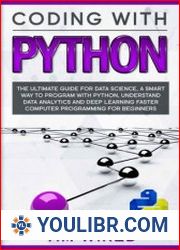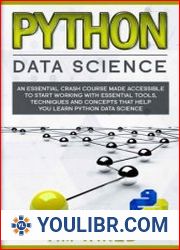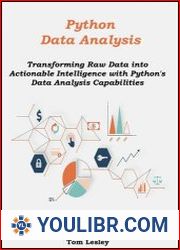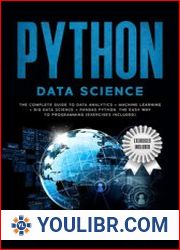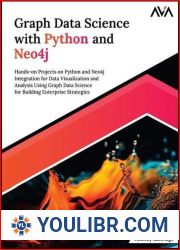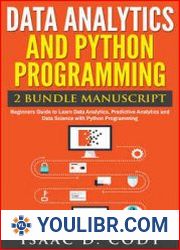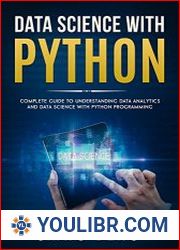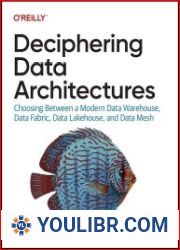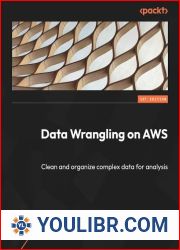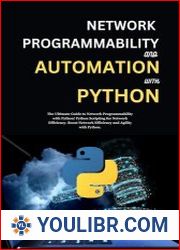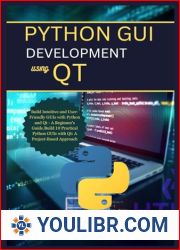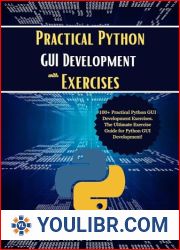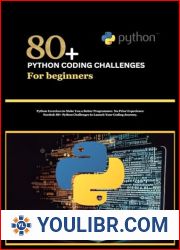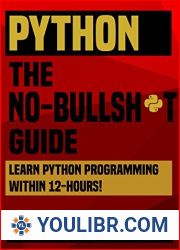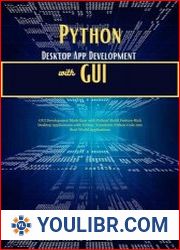
BOOKS - PROGRAMMING - Minimalist Data Wrangling with Python


US $5.52

858011

858011
Minimalist Data Wrangling with Python
Author: Marek Gagolewski
Year: 2024-01-25 (v1.0.3.9107)
Number of pages: 436
Format: PDF
File size: 10.1 MB
Language: ENG
Year: 2024-01-25 (v1.0.3.9107)
Number of pages: 436
Format: PDF
File size: 10.1 MB
Language: ENG
Minimalist Data Wrangling with Python is envisaged as a student's first introduction to data science, providing a high-level overview as well as discussing key concepts in detail. We explore methods for cleaning data gathered from different sources, transforming, selecting, and extracting features, performing exploratory data analysis and dimensionality reduction, identifying naturally occurring data clusters, modelling patterns in data, comparing data between groups, and reporting the results. Data Science aims at making sense of and generating predictions from data that have been collected in copious quantities from various sources, such as physical sensors, surveys, online forms, access logs, and (pseudo)random number generators, to name a few. They can take diverse forms, e.g., be given as vectors, matrices, or other tensors, graphsnetworks, audiovideo streams, or text. Data usually do not come in a tidy and tamed form. Data wrangling is the very broad process of appropriately curating raw information chunks and then exploring the underlying data structure so that they become analysable. This course uses the Python language which we shall introduce from scratch. Consequently, we do not require any prior programming experience. We will focus on developing transferable skills: most of what we learn here can be applied (using different syntax but the same kind of reasoning) in other environments. Thus, this is a course on data wrangling (with Python), not a course on Python (with examples in data wrangling).







